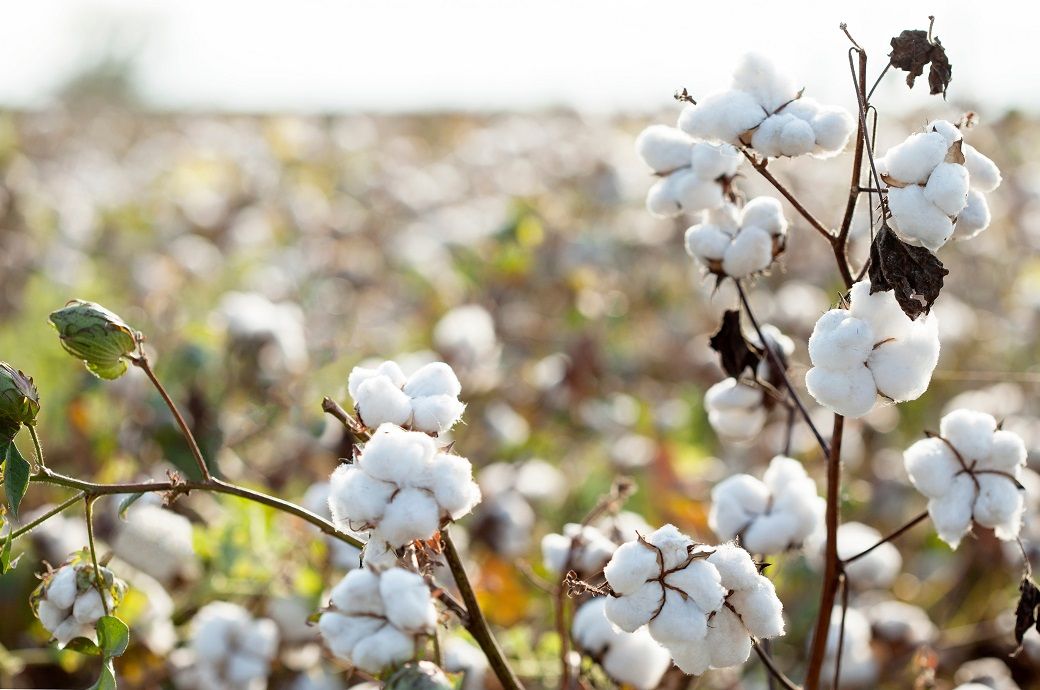
The investigation, led by a team from the University of Wisconsin-Madison (UW), compared the growth of ordinary cotton with its genetically modified counterpart under microgravity conditions. Cotton, a vital global agricultural commodity used in various products, presents significant sustainability challenges due to its high resource consumption. The aim was to uncover genetic clues that could lead to more resource-efficient cotton plants, International Space Station said in a press release.
The researchers found that both types of cotton plants, particularly the genetically modified variety, grew better in space than on Earth. This intriguing phenomenon poses a mystery that the UW team is keen to unravel. Understanding why cotton thrives in space could unlock new avenues for developing resilient crops capable of withstanding stressful conditions on Earth and supporting long-term space missions.
This study not only highlights the potential for enhancing cotton's sustainability but also underscores the unique opportunities provided by space research in advancing agricultural science.
Fibre2Fashion News Desk (DP)